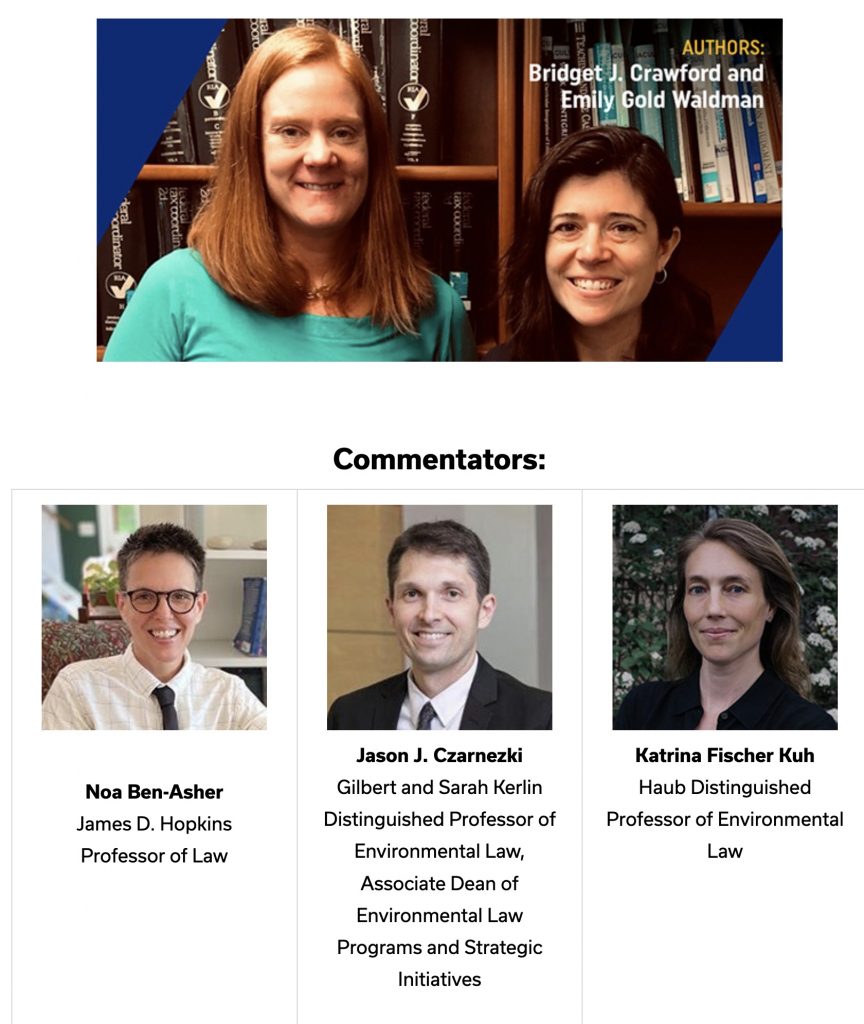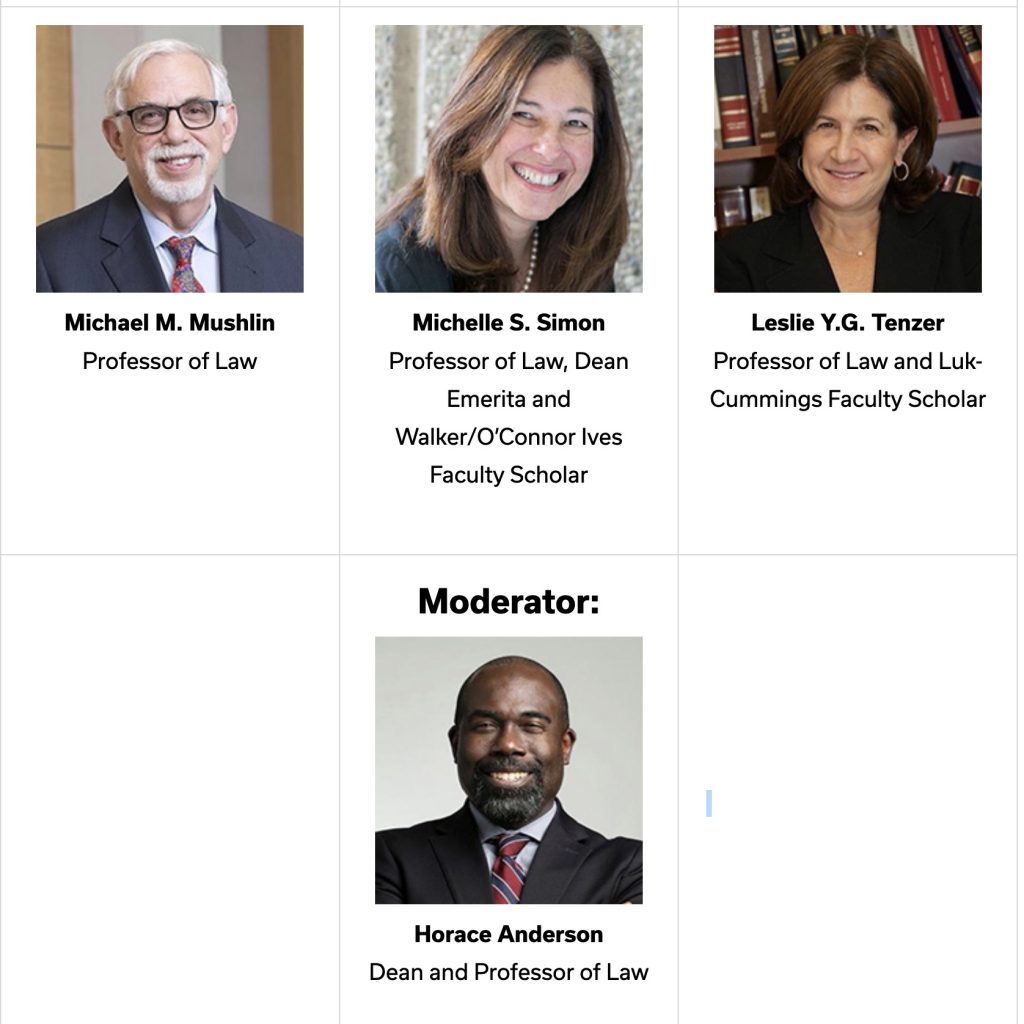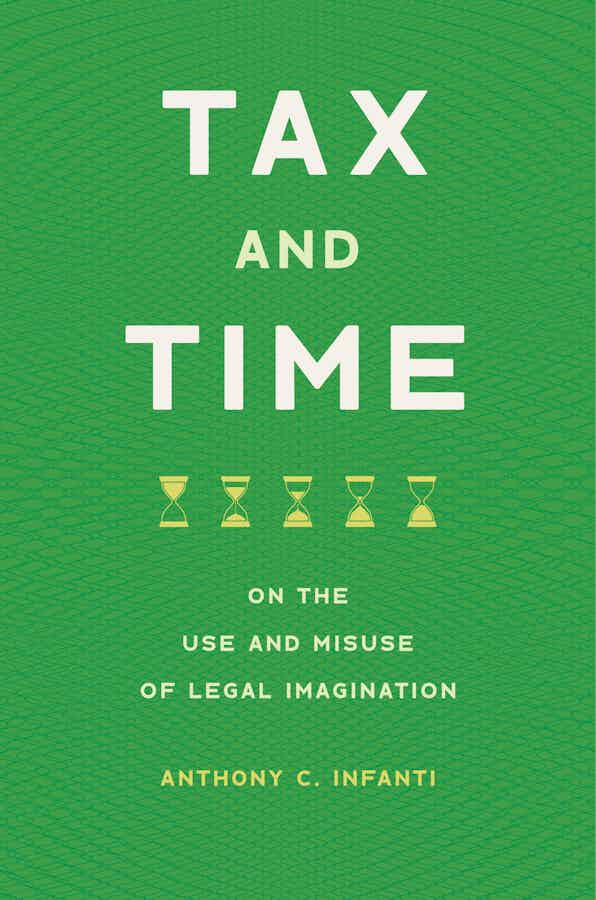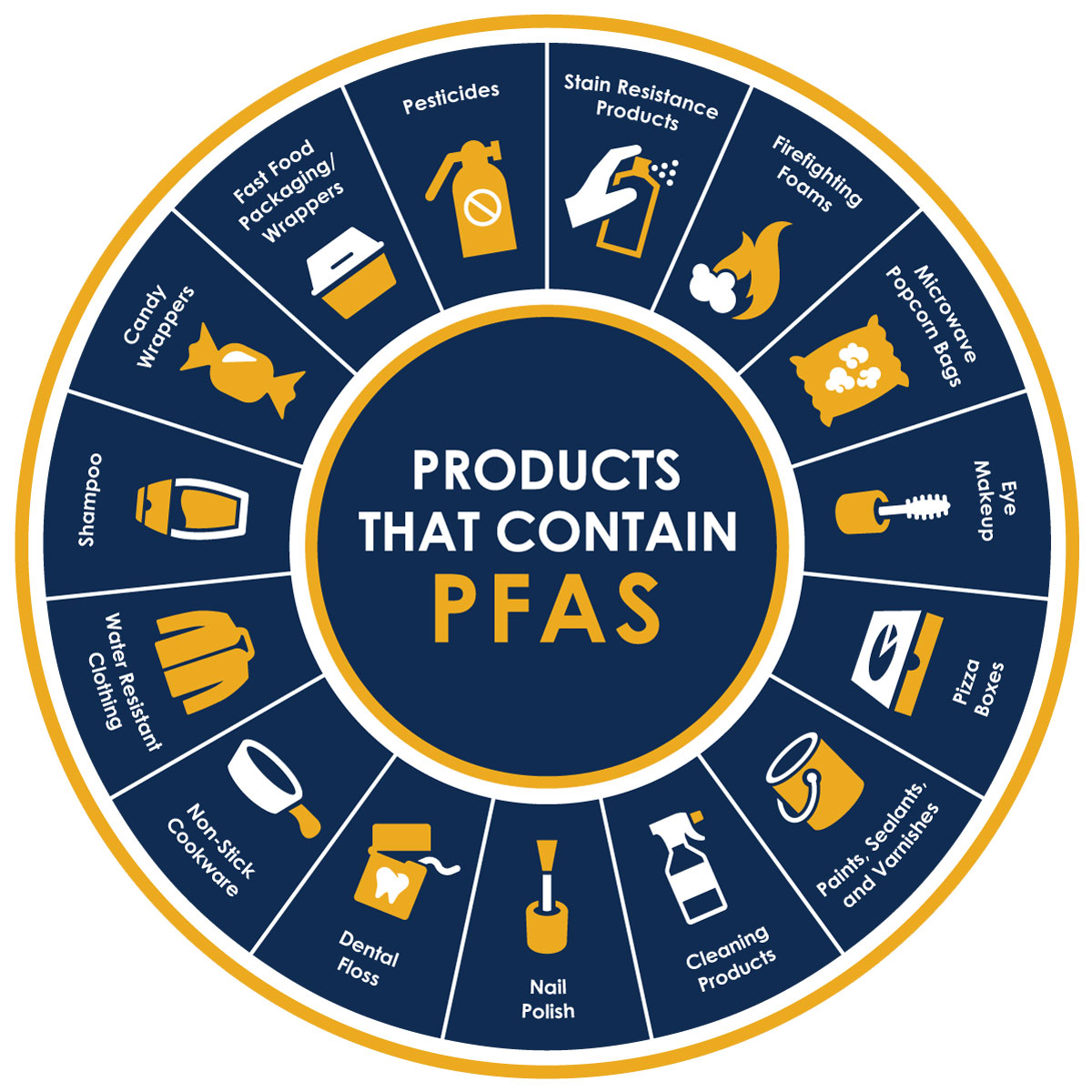Read scholars Jennifer Nazareno, Cynthia Cranford, Lolita Lledo, Valerie Damasco and Patricia Roach’s newly published article in Vol. 36 of the Gender & Society journal entitled, Between Women of Color: The New Social Organization of Reproductive Labor. Together these sociologists unpack the complex relationship between migration, race, gender and class and care work through the lens of Filipina elder care workers in Los Angeles, California.
Below is the abstract:
In this article, we examine citizenship inequalities in paid reproductive labor. Through an analysis of elder care in Los Angeles, California, based on interviews with Filipina home care agency workers and owners, we delineate citizen divisions made up of two interlocking dimensions. The longstanding U.S. welfare state abdication of responsibility for elder care for its citizens generates a racialized, gendered citizenship division that facilitates another citizenship division between women of color. The outsourcing of elder care by the government to the private sector including small business in the ethnic economy allows Filipina immigrants with legal citizenship to become middle-women minorities who hire undocumented Filipinas to provide care for white, middle-class, older adult women and their families. Through this new social organization of reproductive labor, responsibility is directed away from the state and generating tensions between women of color with different legal statuses. Our findings show how racialized, gendered inequalities are reinforced through this new social organization of reproductive labor but also demonstrate potential for undermining intersecting inequalities.
Read the complete paper here.
-P.S.




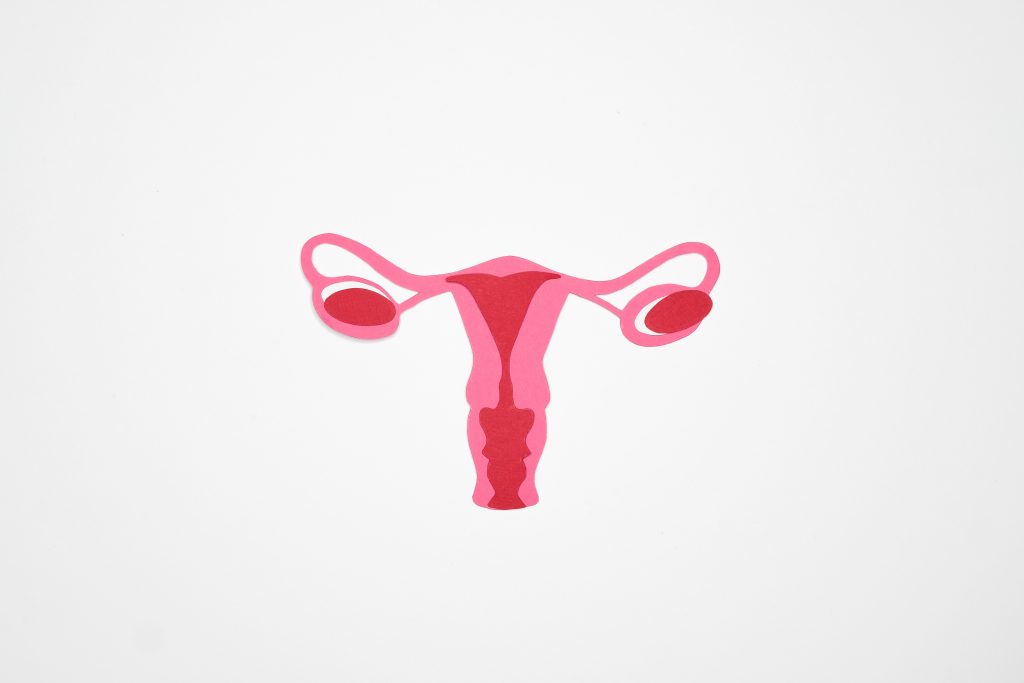 I read with interest this article on Neo.Life:
I read with interest this article on Neo.Life:  We have seen so many screaming girls. Every time we see them, we’re like, They’re screaming. And that’s it. Yet the screaming fan doesn’t scream for nothing, and screaming isn’t all the fan is doing. It never has been.
We have seen so many screaming girls. Every time we see them, we’re like, They’re screaming. And that’s it. Yet the screaming fan doesn’t scream for nothing, and screaming isn’t all the fan is doing. It never has been. Her work particularly indicts the dehumanization of Black women in America, instead uplifting Black agency, Black beauty, Black motherhood, and Black re-imaginings of the Western art canon. Through her adamant art and activist practice, she began to topple the hierarchies of exclusionary art movements, particularly through her trademark quilting acting as a rich form of resistance to “conventional” craft and existing as a symbol of inherited inter-generational tradition, and therefore intergenerational storytelling and protest.
Her work particularly indicts the dehumanization of Black women in America, instead uplifting Black agency, Black beauty, Black motherhood, and Black re-imaginings of the Western art canon. Through her adamant art and activist practice, she began to topple the hierarchies of exclusionary art movements, particularly through her trademark quilting acting as a rich form of resistance to “conventional” craft and existing as a symbol of inherited inter-generational tradition, and therefore intergenerational storytelling and protest. 
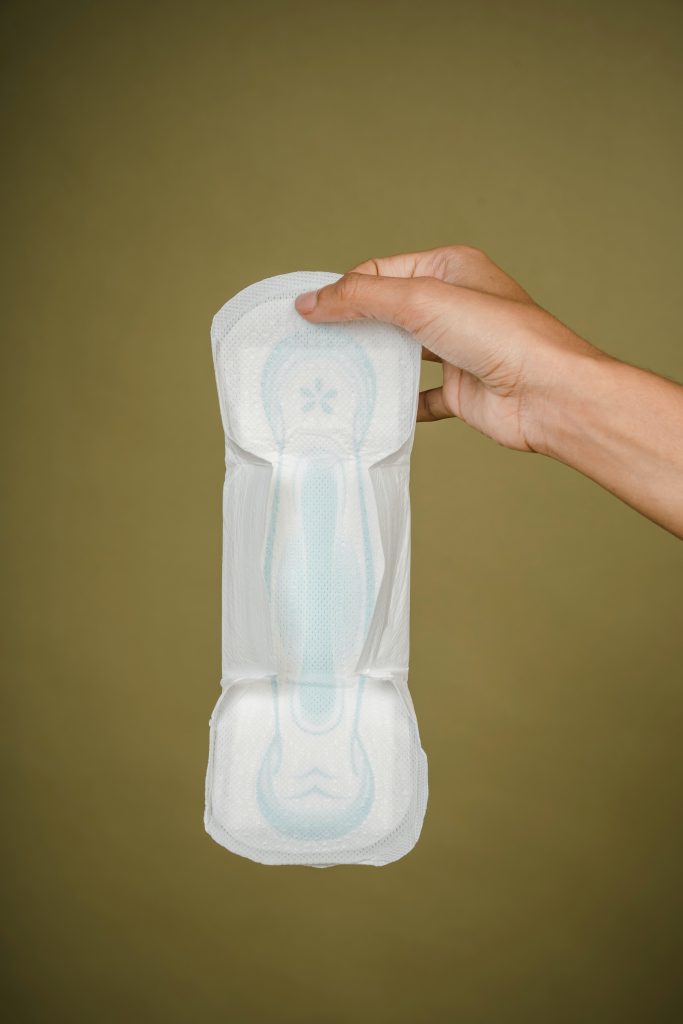
 Why is menstruation so often considered a dirty phenomenon, in both material and symbolic terms? How do ideas and realities of menstrual pollution affect the lived experience of menstruation and everyday hygiene practices?
Why is menstruation so often considered a dirty phenomenon, in both material and symbolic terms? How do ideas and realities of menstrual pollution affect the lived experience of menstruation and everyday hygiene practices? The messaging that young people receive regarding menstruation is complex and contradictory. Persistent, self-perpetuating stigma and the barriers to menstrual equity associated with it has historically led to a loss of dignity and autonomy for girls, women, and all who menstruate. Lack of access to period products caused by period poverty or embarrassment and shame combine to deny opportunities to menstruators. Perhaps the most critical arena in which to make progress for menstrual equity is our schools, where negative stereotypes myths are propagated, and this manifests in absences and under-performance in class. The second most critical arena, I think, is the media young people view.
The messaging that young people receive regarding menstruation is complex and contradictory. Persistent, self-perpetuating stigma and the barriers to menstrual equity associated with it has historically led to a loss of dignity and autonomy for girls, women, and all who menstruate. Lack of access to period products caused by period poverty or embarrassment and shame combine to deny opportunities to menstruators. Perhaps the most critical arena in which to make progress for menstrual equity is our schools, where negative stereotypes myths are propagated, and this manifests in absences and under-performance in class. The second most critical arena, I think, is the media young people view. 
 This study is undertaken to examine the connections between child marriage and menstrual discrimination in policies and practices at national, regional and global levels. The four specific objectives are: i) to explore menstrual discrimination in countries that have high numbers of child marriages, ii) to examine the national policies and legal interventions against child marriage and menstrual discrimination, iii) to examine the networks advocating against child marriage with regards to menstrual discrimination, and iv) to assess the global policies and declarations against menstrual discrimination and child marriage. A qualitative approach with secondary resources reviews the issues in Bangladesh, India and Niger, countries which have the highest rate of child marriage. As well as the regional and global networks which are working to end child marriage, namely South Asia Initiative to End Violence, the African Union and Girls not Brides. Likewise, the study reviews the major international human rights instruments such as Human Rights Declaration 1948, Convention of Elimination of All Forms of Discrimination against Girls and Women 1979, Convention of Child Rights 1989 and Sustainable Developmental Goals 2016-2030. The worldwide scope and impact of discriminatory menstrual practices have been omitted from the policies, plans and activities of governments, international organizations and NGOs. Because menstrual discrimination has been used as justification to disempower women in the power structure and patriarchies, women have been left without a voice to negotiate their human rights, education, and socio-economic opportunities. Menstrual discrimination should be openly included in the discussion of the real drivers of early or child marriage.
This study is undertaken to examine the connections between child marriage and menstrual discrimination in policies and practices at national, regional and global levels. The four specific objectives are: i) to explore menstrual discrimination in countries that have high numbers of child marriages, ii) to examine the national policies and legal interventions against child marriage and menstrual discrimination, iii) to examine the networks advocating against child marriage with regards to menstrual discrimination, and iv) to assess the global policies and declarations against menstrual discrimination and child marriage. A qualitative approach with secondary resources reviews the issues in Bangladesh, India and Niger, countries which have the highest rate of child marriage. As well as the regional and global networks which are working to end child marriage, namely South Asia Initiative to End Violence, the African Union and Girls not Brides. Likewise, the study reviews the major international human rights instruments such as Human Rights Declaration 1948, Convention of Elimination of All Forms of Discrimination against Girls and Women 1979, Convention of Child Rights 1989 and Sustainable Developmental Goals 2016-2030. The worldwide scope and impact of discriminatory menstrual practices have been omitted from the policies, plans and activities of governments, international organizations and NGOs. Because menstrual discrimination has been used as justification to disempower women in the power structure and patriarchies, women have been left without a voice to negotiate their human rights, education, and socio-economic opportunities. Menstrual discrimination should be openly included in the discussion of the real drivers of early or child marriage.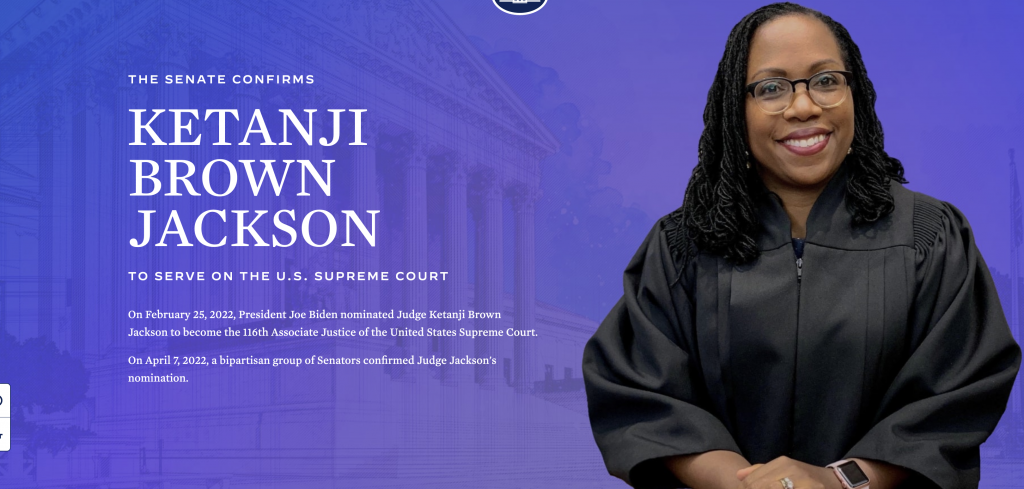
 On May 28, 2022, Menstrual Hygiene Day, the Open Library of Humanities will publish a new open-access volume,
On May 28, 2022, Menstrual Hygiene Day, the Open Library of Humanities will publish a new open-access volume, 